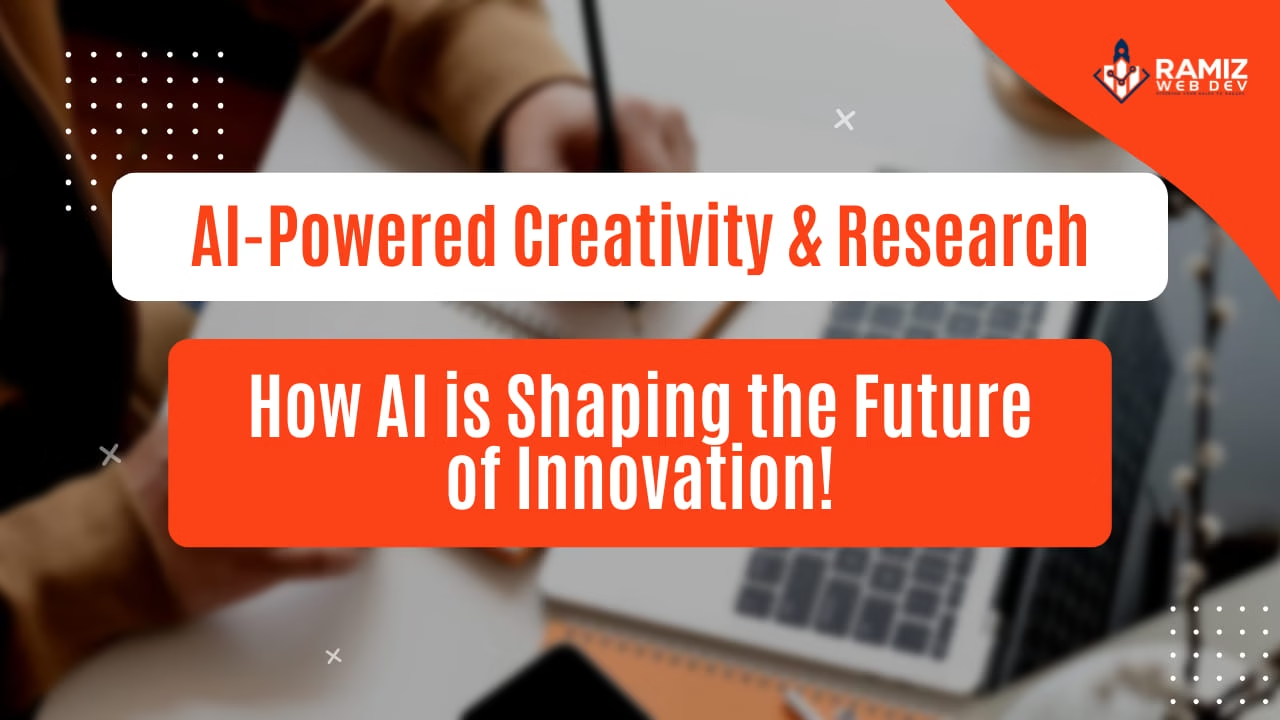Artificial intelligence (AI) is making waves across various industries, and iOS app development is no exception. Over the next few years, we can expect AI to bring about significant changes in how mobile apps are built and used. With its ability to streamline operations, enhance user experiences, and foster innovation, AI is poised to revolutionize the mobile app landscape.
Partnering with a proficient iOS app development company will allow businesses to tap into AI’s full potential, keeping them ahead in the competitive digital arena. By integrating AI into the design and testing phases, we can anticipate smarter, more intuitive, and personalized mobile apps. This transformation promises a range of benefits that will ultimately enhance user satisfaction and engagement.
What is Artificial Intelligence?
Artificial Intelligence (AI) refers to the development of computer systems designed to perform tasks that typically require human intelligence. These tasks include reasoning, learning from experience, problem-solving, understanding language, and making decisions. AI systems use algorithms, particularly machine learning models, which allow them to improve over time as they process more data.
:max_bytes(150000):strip_icc()/terms_a_artificial-intelligence-ai_asp-FINAL-ddba8ac599f3438d8064350d2ee1ae5a.jpg)
In today’s world, AI is utilized across various industries, including healthcare, finance, transportation, and entertainment. Its applications range from virtual assistants like Siri and Alexa to advanced data analysis tools, self-driving cars, and medical diagnostics. The integration of AI into society requires a balanced approach to ensure that its benefits are maximized while addressing potential challenges, such as fairness, privacy, and ethical concerns.
Generate Code Automatically for Quicker Development
The use of AI in iOS app development, particularly for automating code generation, is transforming how developers approach app creation. By leveraging AI-powered tools, developers can drastically reduce the time spent on tasks like writing, testing, and debugging code, allowing them to focus on more creative aspects like user interface design and integrating advanced functionality.
AI-assisted solutions, including code completion engines and machine learning models, can automate repetitive coding tasks. This automation helps minimize human error and speeds up app development, leading to faster launches. By 2025, AI is expected to play a pivotal role in reducing the manual effort involved in coding, resulting in quicker, more efficient development cycles.
With AI’s assistance, developers can write code more accurately and efficiently, leading to improved productivity. The end result is a more streamlined development process where developers spend less time on technical details and more time crafting intuitive user experiences and implementing cutting-edge features.
Enhanced User Experience through Customization
Personalization is one of the key factors driving the success of mobile apps. With the integration of AI algorithms, iOS apps are becoming increasingly user-friendly and capable of adapting to the individual needs of each user. By leveraging machine learning models, apps can customize their features, content, and interfaces based on user data and interactions.
In the coming years, iOS apps will evolve to become even smarter. They will be able to learn from user behavior, adjust the user interface (UI) and user experience (UX) in real-time, and provide relevant content recommendations. This will eliminate the need for users to manually configure settings and ensure a more engaging and optimized experience. For example, social media platforms may use AI to suggest friends, groups, or posts based on a user’s activity, while entertainment apps might recommend TV shows or movies tailored to individual preferences.
AI for Enhanced App Security
App developers continually prioritize security, particularly within the mobile sector. By 2025, artificial intelligence (AI) will significantly enhance iOS app security measures, focusing on data protection, fraud detection, and advanced authentication techniques.
AI-powered biometric identification, including voice and facial recognition, will play a pivotal role in securing app access. These technologies will ensure that only authorized users can access sensitive data, thereby preventing unauthorized breaches. As a result, both mobile application developers and consumers will feel more confident about their security, as AI will actively monitor, identify, and prevent potential security threats, offering a proactive approach to mobile app safety.
Natural Language Processing (NLP)
Natural Language Processing (NLP) has become an integral part of many iOS apps in 2025. These modern NLP models are widely used in voice assistants, chatbots, and speech-controlled applications, allowing them to understand and respond to user queries with remarkable human-like accuracy.
For instance, Apple’s Siri has undergone significant advancements and now offers proactive and contextual assistance across various apps, from home automation to messaging. These enhancements not only broaden the capabilities of iOS apps but also improve accessibility for users, making interactions more intuitive and seamless.
AI-Powered App Testing and Bug Detection
App testing has traditionally been a time-consuming and resource-intensive process. However, AI has the potential to significantly streamline this phase by automating both testing and bug identification. By enhancing testing efficiency, AI has become a game-changer in app development. These intelligent frameworks offer unparalleled accuracy in identifying security vulnerabilities, UI glitches, and performance issues.
Additionally, AI-driven predictive analytics allows developers to foresee potential problems before they occur, saving valuable time and costs. As these frameworks evolve by learning from previous test scenarios, they can offer recommendations for further optimizing app performance. This ensures that iOS apps are of superior quality, free from bugs, and fully optimized across various devices, ultimately accelerating the entire development cycle.
AI Powered Marketing for Mobile Apps
AI is already changing how mobile apps market themselves. By 2025, this will become even more common. Apps will use AI to create personalized marketing campaigns and automate ad targeting.
Machine learning will track how users interact with apps. It will use this data to show ads at the right time and place. AI will make marketing campaigns more effective. It will send targeted offers, in-app chat messages, and push alerts to users.
Simplified App Store Optimization
App Store Optimization (ASO), the process of increasing an app’s exposure and downloads on the App Store, will also be revolutionized by AI in 2025. These days, AI technologies evaluate user feedback, search trends, and rival performance to suggest the best keywords, descriptions, and advertising tactics. These tools give developers useful information that they can use to improve the way their app looks and increase its visibility.
Sentiment analysis tools with AI capabilities can examine user reviews to find common issues and improvement requests. This feedback is priceless when it comes to setting update priorities and making sure the app meets user expectations. Predictive analytics can also estimate how well marketing efforts will function, aiding developers in efficiently allocating resources.
AI’s Challenges in the Development of iOS Apps
AI integration in iOS app development presents several difficulties despite its advantages:
- Data Security and Privacy: AI depends heavily on data security. The iOS app development company must abide by strict laws like the CCPA and GDPR to protect user data.
- Model Interpretability: Gaining user trust depends on ensuring AI models can be understood and explained. Developers must balance the requirement for transparency and the intricacy of AI algorithms.
- Resource Restrictions: AI model deployment and training can be resource-intensive, including a large investment of time and computing power. One of the biggest challenges is still making AI systems mobile-friendly.
- Skill Gaps: AI technologies are developing quickly, so developers must always learn new things daily. It can be difficult for development teams to close the skill gap and keep up with the most recent developments in AI.
Conclusion
By 2025, artificial intelligence won’t just be another buzzword in iOS app development – it’ll be absolutely essential. The tech world is moving at lightning speed, and the best iOS app development companies are the ones diving deep into AI expertise.
Think about it – AI is like having a super-smart assistant that handles all the boring stuff, letting developers focus on the fun, creative parts. It’s amazing how AI can learn what users want and help build apps that feel like they were made just for them. From catching bugs before they cause headaches to making apps that practically read users’ minds, AI is changing the game in huge ways.
The future of iOS apps is looking brighter than ever, with AI leading the charge toward more personalized, smoother-running apps that users will absolutely love. It’s not just about making apps anymore – it’s about making apps that wow people and make their lives easier.








